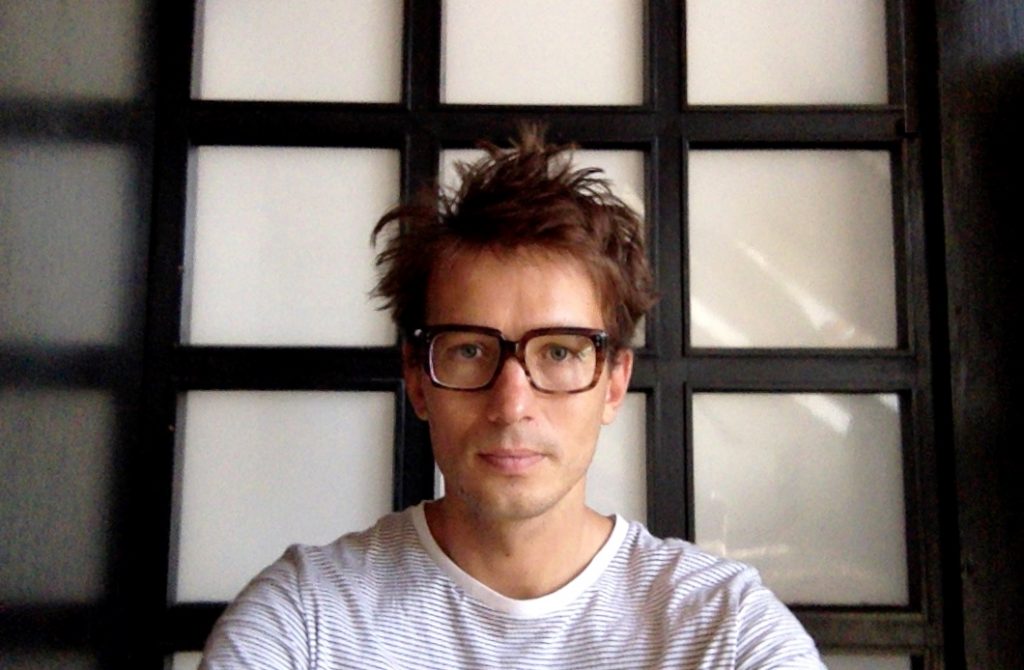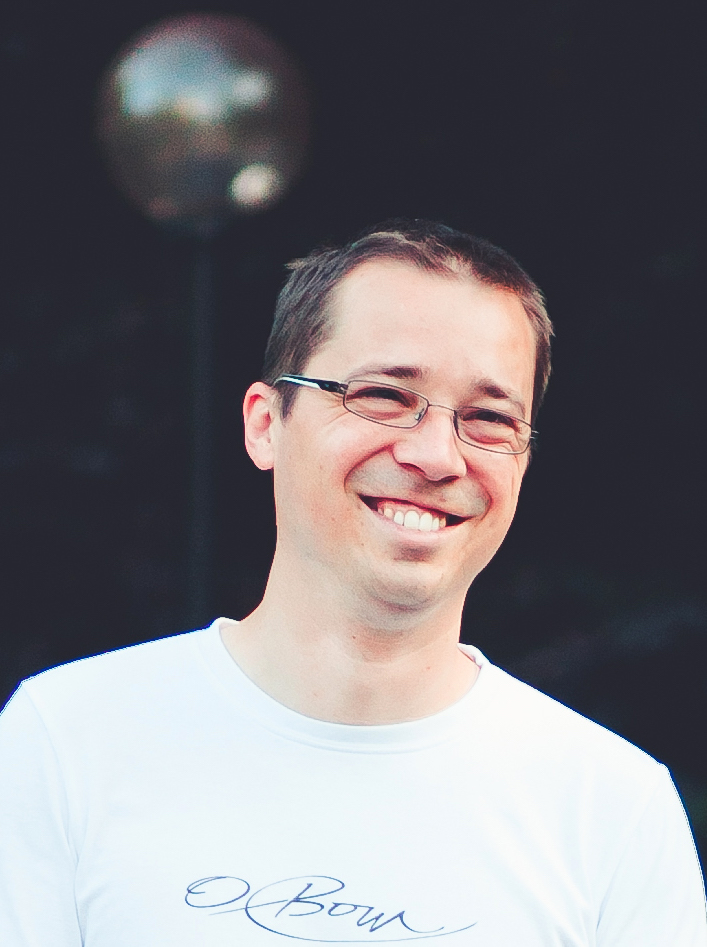SACHI Seminar – The Missing Interface: Micro Gestures on Objects for Augmented Reality Interaction
Speaker: Klen Čopič Pucihar
Abstract:
Augmented reality technology can introduce digital elements to arbitrary objects. However, these objects were never designed to incorporate the digital component, hence do not provide the necessary interface. To overcome this limitation, AR Interaction systems add sensors to objects, use additional handheld hardware or perform hand and body tracking. These methods are not optimal for direct interaction with physical objects because they:
- require modification of existing objects,
- require the the user to hold the controller in their hand,
- are based on synthesis of captured RGB or RGB-D data streams imposing the following limitations: (i) gestures need to be performed within the view of the camera; (ii) the gestures include reasonable large hand or finger movements (e.g. pinching the fingers, blooming gesture of opening the palm; (iii) the hand performing gesture is not occluded (e.g. cannot detect gestures if performed whilst grasping an object).
In this talk Klen will look at alternative methods which try to overcome such limitations and make inconspicuous, precise and flexible object oriented interaction possible for both augmented and mediated reality applications.
Speaker Biography

Klen Čopič Pucihar is assistant professor at the Faculty of Mathematics, Natural Sciences and Information Technologies at University of Primorska. Klen’s research vision is to look for new ways in which one could augmented, modify and mediate rich sources of visual, auditory and tactile stimuli that fabricate our everyday life experiences. The goal is to augment human abilities with new ways of using computational resources. This is important because the interface presents itself as the bottleneck between us humans and the benefit ever increasing computational resources could have on our everyday life. This makes the interfaces the core challenge for the future and the essence of Klen’s research which is currently mainly concentrated on augmented reality, mobile computing and human-computer interaction focusing on different perceptual issues that arise whilst interacting with various computer systems which lead to innovative user interface designs. Klen’s work was published as high ranked scientific publications and won him best poster award at ISMAR 2014.
Event details
- When: 12th April 2018 14:00 - 15:00
- Where: Cole 1.33b











